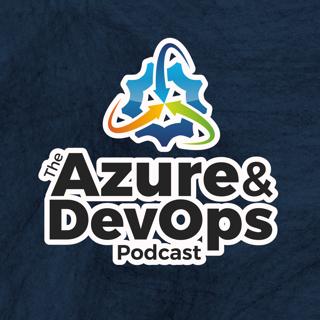
Jared Parsons: The Latest with C# - Episode 380
Jared Parsons is a Developer Manager for the .NET Tools team at Microsoft. He's also done extensive work on the C# Compiler Team. Everybody tuning in probably uses his code on a day-to-day basis! Jare...
15 Des 202542min

Chris Wilke: Generated AI Stories - Episode 379
Chris has 25 years experience as a seasoned SaaS and AI product leader known for practical, people-first strategies to harness value from Generative AI for operational excellence. Chris developed the ...
8 Des 202538min

Alvin Ashcraft: Community Conferences - Episode 378
Alvin is a senior content developer at Microsoft, author, and longtime leader in the .NET developer community. With over 27 years of experience in software development, Alvin has been recognized as a ...
1 Des 202528min

Dan Clarke: Personal Productivity - Episode 377
Dan Clarke is a seasoned software consultant, Microsoft MVP, and founder of Everstack Ltd. Dan is widely known for his contributions to the .NET ecosystem and hosts the Unhandled Exception Podcast. W...
24 Nov 202541min

Andrew Lock: Testing Frameworks - Episode 376
Andrew Lock is a staff software engineer at Datadog and educator whose contributions to the .NET ecosystem have shaped how developers approach modern web applications. Located in the UK, Andrew is a ...
17 Nov 202532min

Ben Day: SlideSpeaker.AI - Episode 375
Ben Day is a seasoned software consultant and fractional CTO. With over two decades of experience, he brings a blend of hands-on coding expertise, strategic clarity, and people-focused coaching to hel...
10 Nov 202536min

Josh Arzt: 23 Years of .NET - Episode 374
Josh Arzt is a Senior Solutions Architect with 25+ years of experience modernizing systems, solving complex problems, and delivering scalable cloud solutions. He is an expert in software engineering, ...
3 Nov 202543min

Lee Brownhill: The Data Community - Episode 373
Lee Brownhill is a Principal Cloud DBA at Cloud Rede with deep expertise in SQL Server performance tuning and automation. With years of experience across Azure and AWS, Lee helps clients optimize thei...
27 Okt 202538min





















